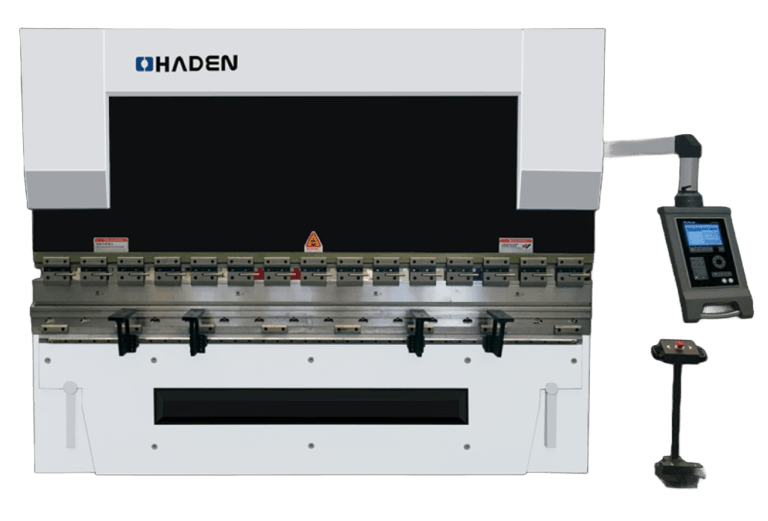Advantages and disadvantages of hydraulic servo system.

Since its birth in 1950, the hydraulic servo system has achieved remarkable development. Nowadays, it is widely used and adopted in various technical fields.
The advantages of hydraulic servo systems are mainly manifested as follows: Fast response: Hydraulic actuators act quickly. Their flow-speed transfer function shows a high natural frequency, which can match the natural frequency of electro-hydraulic servo valves to achieve rapid start, braking, and reversing. The frequency response is rapid. Generally, the natural frequency is higher than that of electromechanical system actuators. Lightweight and compact: Compared with electromechanical actuators of the same power, hydraulic actuators have significantly smaller volume and weight. Power is increased by increasing liquid flow and pressure. Even if the volume and weight of the power mechanism are increased, it can be reduced by using high-strength lightweight metal materials. Smooth operation: Hydraulic actuators have excellent transmission smoothness and anti-interference ability, especially with superior low-speed performance. In this regard, electromechanical systems are inferior and are easily affected by external interferences such as electromagnetic waves. Wide speed regulation range: Hydraulic actuators have a wide speed regulation range and high power gain.
However, hydraulic servo systems also have some disadvantages.
Slow signal transmission: Hydraulic signals are slower than electrical signals and are not easy to make precise corrections, although electrohydraulic servos use electrical signals before the power stage, but this limitation is still present.
High cost: Due to its complex structure and high machining accuracy, the system cost is relatively high.
Highly affected by the environment: The volumetric modulus of elasticity of liquids is significantly affected by temperature and the air content in the oil, and temperature changes can significantly affect the performance of the system, which is less affected in pneumatic control systems.
Oil leakage: One of the major weaknesses of the hydraulic system is that it is prone to oil leakage, pollute the environment, cause fire, and the hydraulic oil is easy to be polluted, which may lead to the blockage of the actuator
Extended information.
The hydraulic servo system enables the output quantities of the system, such as displacement, speed or force, to automatically, quickly and accurately follow the changes of the input quantity. At the same time, the output power is greatly amplified. The working principle of the hydraulic servo system can be illustrated by Figure 1. The hydraulic servo system has been widely used in industrial control due to its unique advantages such as fast response speed, large load stiffness and large control power.
